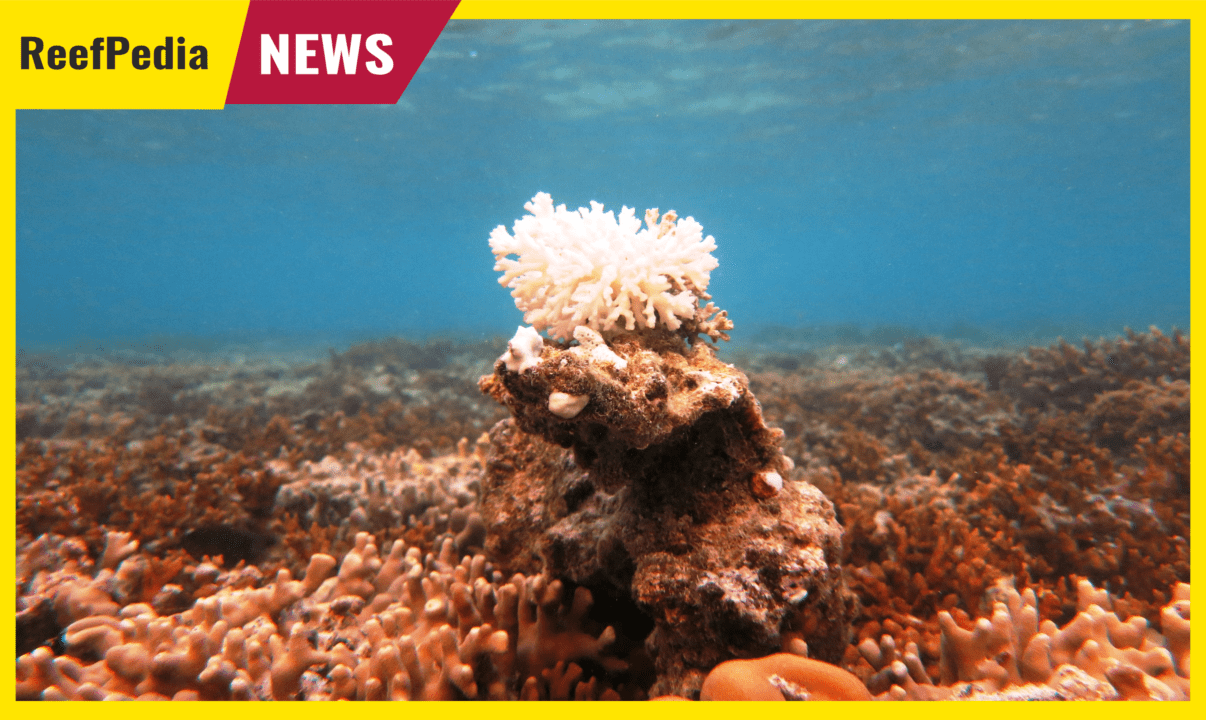Recent research on centuries-old coral samples from the Great Barrier Reef reveals that current climate changes pose a serious threat to this natural wonder. Australian scientists have found that temperatures around the vast reef in the last decade were the highest in 400 years, leading to five significant coral bleaching events in the past nine years. These results, published in the journal “Nature,” indicate that the temperature increase caused by climate change is an existential threat to the coral reef.
Professor Helen McGregor from the University of Wollongong highlighted the threat to the reef in an interview with BBC News, advocating for a science-based approach in response to this crisis. New evidence comes from coral cores – samples taken from coral skeletons, providing chemical clues about the environmental changes around the reef over time. Corals can live for many years, thereby creating chemical indicators of their surroundings.
The study conducted by Australian researchers involved re-analyzing thousands of these cores and comparing them with historical sea temperature records from the British Hadley Centre. The results confirmed that temperatures around the coral reef in the previous decade exceeded those of the last 400 years. Dr. Benjamin Henley, the lead researcher from the University of Wollongong, noted that the recent events concerning the coral reef are troubling and portend bad news for its future.
However, Dr. Henley also mentioned a glimmer of hope—if humanity takes measures to limit global warming, there is still a chance that the coral reef will survive in its current state. Corals have adapted to living and developing within a specific temperature range, forming limestone skeletons, and living in symbiosis with algae known as zooxanthellae, which provide them with food and give them their remarkable colors. Coral bleaching occurs, among other things, when the water temperature rises too much, resulting in the expulsion of symbiotic algae by the coral.
Although bleached corals can regenerate, prolonged heatwaves reduce their chances of survival. The current situation on coral reefs is critical. Professor McGregor emphasized that coral reefs show enduring resilience, which gives hope for their survival, although their current form will likely differ from that in the future.
The Great Barrier Reef is currently listed on the UNESCO World Heritage list. Researchers hope that these studies will convince the UN to officially classify the reef as “endangered.” Professor McGregor stressed that recognizing the reef as endangered would send a powerful global signal about the seriousness of the situation.
McGregor suggests that it is time to put politics aside and directly address the problem, focusing on collective actions to protect and preserve the Great Barrier Reef and other similar ecosystems threatened by climate change.
In conclusion, the international community has the crucial knowledge and tools necessary to mitigate the climate crisis, which poses a threat to the Great Barrier Reef and coral reefs in other regions of the world. Global agreements, such as the Paris Agreement, aim to limit temperature increases, which are essential for protecting these delicate ecosystems. However, knowledge and agreements are just the beginning. Now, more than ever, concrete actions and engagement at all levels—from local communities to governments to international organizations—are needed. We must act quickly and decisively, so these actions have a real impact on the protection of coral reefs. Only through joint and determined efforts can we ensure that coral reefs will not only be remembered from photos and textbooks but will continue to play their vital role in nature and enchant future generations living on our planet.
About the author

Grzegorz Bubak
My fascination with marine aquariums began over two decades ago when I stumbled upon an article about this topic in a magazine. Since then, the underwater world has become my obsession and passion, shaping my everyday life. I started my adventure with marine aquariums with soft corals, which were my first step into this fascinating world. Over time, captivated by the diversity and beauty of SPS corals, I decided to focus on their cultivation, which continues to fill me with constant wonder.
Thanks to my experience and passion for marine aquariums, I am ready to share my knowledge and expertise with other enthusiasts in this field. I am happy to be part of the Reef Pedia community, which serves as an invaluable source of information for all marine aquarium lovers.

